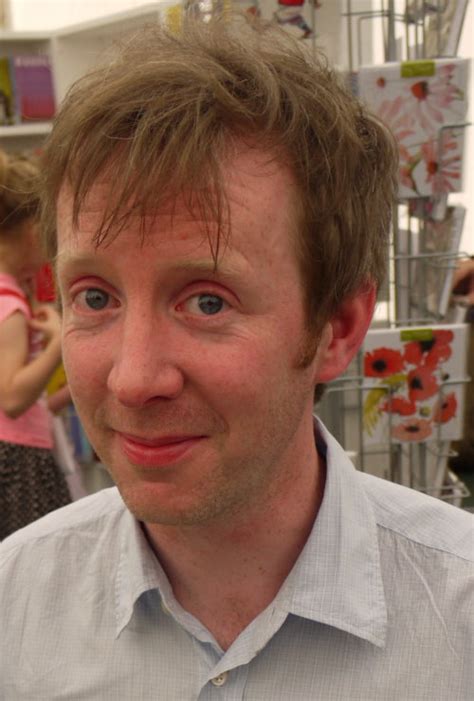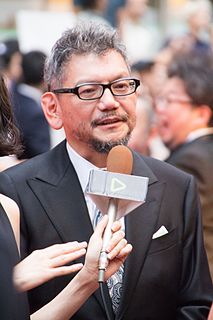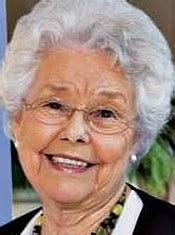A Quote by Theodora Goss
Writing two stories [in the Thorn and the Blossom] about the same set of events that were complete stories in themselves, but also added up to a larger story. As I was writing them, I kept going back and forth, because something would happen in one story that would have to be reflected in the other story. And yet the same event would also have to be perceived in different ways by Brendan and Evelyn, because they are different people with their own interpretations.
Quote Topics
About
Added
Also
Back
Back And Forth
Because
Blossom
Complete
Different
Different People
Different Way
Different Ways
Event
Events
Forth
Going
Happen
Interpretations
Kept
Larger
Other
Own
People
Perceived
Reflected
Same
Set
Something
Stories
Story
Them
Themselves
Thorn
Two
Up
Ways
Were
Would
Writing
Related Quotes
It's funny - for a long time, I didn't know I was writing a book. I was writing stories. For me, each story took so long and took so much out of me, that when I finished it, I was like, Oh my gosh, I feel like I've poured everything from myself into this, and then I'd get depressed for a week. And then once I was ready to write a new story, I would want to write about something that was completely different, so I would search for a totally different character with a different set of circumstances.
The Greeks used to use the same stories, the same mythology, time after time, different authors. There was no premium placed upon an original story, and indeed, Shakespeare likewise. A lot of people wrote plays about great kings. They didn't expect a brand-new story. It was what that new author made of the old story. It is probably the same now. We disguise it by inventing what seem to be new stories, but they're basically the same story anyway.
The editor, Stephen Segal, actually called me with the idea of creating an accordion book [ "The Thorn & The Blossom"], and asked if I could write a story for it. I was so intrigued! I immediately knew that it had to be a love story told from the points of view of the two main characters. Right away, I started working on a proposal. And once I had my main characters, Brendan and Evelyn, it was as though they started telling me their stories.
Maybe instead of strings it's stories things are made of, an infinite number of tiny vibrating stories; once upon a time they all were part of one big giant superstory, except it got broken up into a jillion different pieces, that's why no story on its own makes any sense, and so what you have to do in a life is try and weave it back together, my story into your story, our stories into all the other people's we know, until you've got something that to God or whoever might look like a letter, or even a whole word.
I found two true stories. One was in 2003. One was the beginning of 2004. I decided to meld them. Richard Davis' story which is the largest portion of this, a lot of the events are exactly as you saw, exactly what happened and the locations. Exactly as it was said with the chicken house and the strip club. Richard's parents were on the set and they'll tell you that the story is different than their son's. I was very concerned because I called them to say, 'You understand I'm fictionalizing this story?
I was thinking about framing, and how so much of what we think about our lives and our personal histories revolves around how we frame it. The lens we see it through, or the way we tell our own stories. We mythologize ourselves. So I was thinking about Persephone's story, and how different it would be if you told it only from the perspective of Hades. Same story, but it would probably be unrecognizable. Demeter's would be about loss and devastation. Hades's would be about love.
Eva is a story of repetition. It is a story where our protagonist faces the same situation many times over and determinedly picks himself back up again. It is a story of the will to move forward, even if only a little. It is a story of the resolve to want to be together, even though it is frightening to have contact with others and endure ambiguous loneliness. I would be most gratified if you found enjoyment in these four parts as it takes the same story and metamorphoses it into something different.
When I first began to have the initial idea for 'Heartsease,' I just wrote a skeleton story; that is, I started her off as this young, bright 16-year-old and then added the events that occurred and where she and other characters fitted in, even writing 3 different endings, as I was not sure where Mary's story would lead to.
I myself, as I'm writing, don't know who did it. The readers and I are on the same ground. When I start to write a story, I don't know the conclusion at all and I don't know what's going to happen next. If there is a murder case as the first thing, I don't know who the killer is. I write the book because I would like to find out. If I know who the killer is, there's no purpose to writing the story.
Maybe I had something to do with that. I don't know. But public don't believe press. If you were straight and really told it like it is, as Howard Cosell used to say, right? Of course, he had some questions also. But, if you were straight, I would be your biggest booster. I would be your biggest fan in the world, including bad stories about me. But if you go - as an example, you're CNN. I mean, it's story after story after story is bad.


































